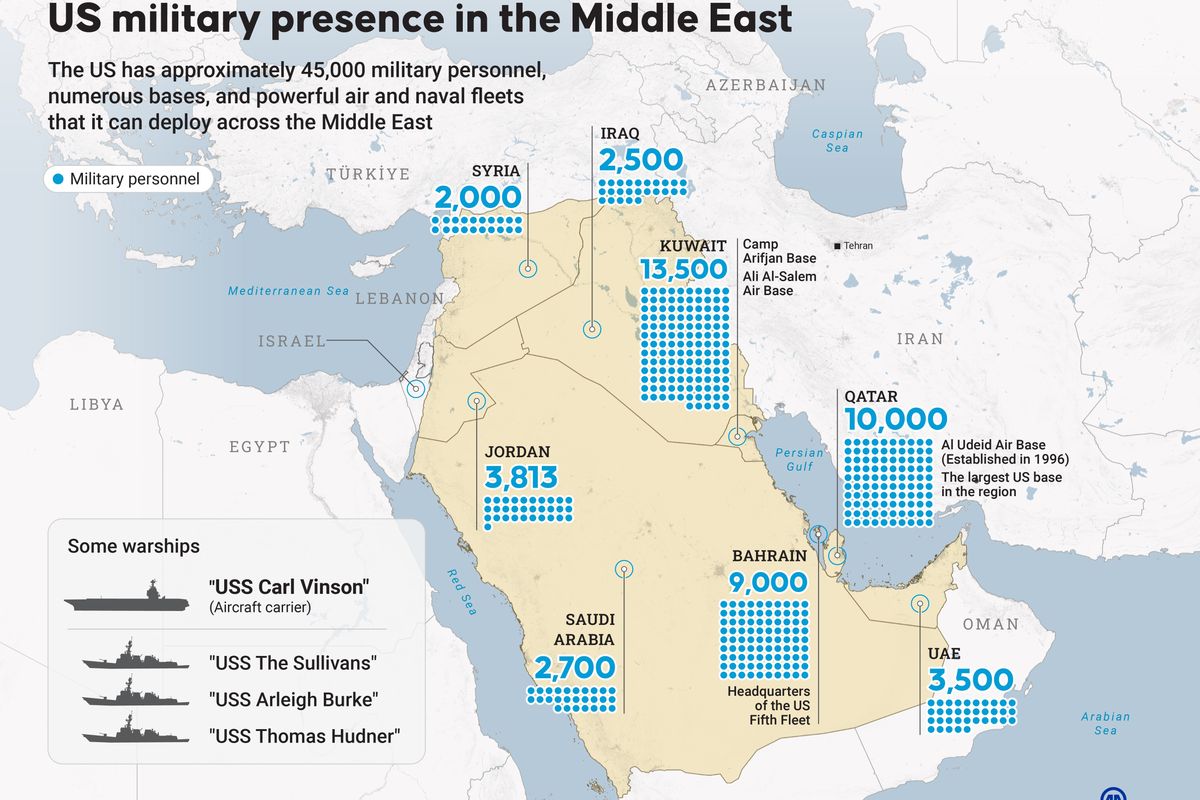Instability in the Middle East and North Africa (MENA) is at its worst in recent memory. While political volatility has been something of a constant in the region for much of the past century, threats to regional security – and to the nation-state system itself (for example, powerful terrorist groups seeking to establish a transnational caliphate) – are increasing.
Common headlines include air strikes, massive refugee crises, attempted coups, and battles with the Islamic State (also known as ISIS or ISIL) spanning multiple countries. Another headline – the kind too often ignored by foreign policy and security analysts – is the record-breaking heat wave occurring in places such as Iran, Saudi Arabia, Kuwait, Morocco, and Iraq, and speculation about the long-term habitability of parts of the region. Coupled with precipitation decline, increasingly severe droughts, and rising sea levels, the heat waves and the actual climate of the region cannot be separated from its political climate. If these problems aren’t addressed as a systemic whole, the region will likely not recover. The United States must take that into consideration.
What we know
The heat index (which is a measure of temperature combined with humidity) was not designed with the conditions the Middle East is currently facing. In some cases, the readings are literally off the charts. The heat index in parts of Iran recently hit 140 degrees. Parts of Iraq and Kuwait measured 129 degrees Fahrenheit in July, potentially the hottest temperatures ever recorded in the Eastern Hemisphere.
This is increasing the stress to a region already in turmoil. Those displaced by the ongoing conflicts number in the millions, with many living in temporary shelters with intermittent electricity and no access to air-conditioning. Farmers are watching their crops wither. Heat-related health problems are on the rise. In Basra, Iraq, the heat wave is so intense that government employees have been forced to stay home and government buildings have closed. Models show this trend of increased heat is very likely to continue. These factors, in combination with ongoing conflicts, are further eroding the ability of governments to provide basic services and may increase state fragility.
However, heat waves are just one part of the story. From 2007-2010 (in the years immediately prior to the civil war in Syria), Syria experienced the worst drought in its recorded history, made two to three times more likely because of climate change. This, along with natural resource mismanagement by the Assad regime, contributed to the displacement of at least 1.5 million farmers and herders in the region, many of whom fled to already-stressed urban areas. That instability caught security analysts off-guard.
While heat waves and droughts affect the region directly, some climate-exacerbated stresses originate thousands of miles away. In 2010, heat waves linked to a changing climate devastated Russian and Chinese wheat harvests. In response, those countries cut exports and bought a lot of wheat on the global market, driving bread prices up 300 percent in Egypt. While protesters were marching in Tahrir Square in 2011, there were at least three major reported bread riots. Countries like Egypt are also facing risks from sea level rise – all while their populations are growing fast. In Alexandria, a half-meter of sea level rise could displace two million people and is already disrupting Egypt’s critical agricultural sector around the Nile Delta, which employs nearly 30 percent of the country’s population. These kinds of food insecurities are likely to increase as the climate changes.
While uncertainties remain about the political future of the MENA region, we have a comparatively strong ability to predict the region’s future climate. We have good intelligence that it will continue to get hotter, precipitation will continue to decline in the winter when the region gets most of its rain, and the seas will continue to rise, significantly affecting heavily-populated coastal communities. Any assessment on the future stability of the region that does not account for these factors will be grossly inadequate.
Implications for the United States
What does all this mean for the United States? The United States and its allies have a vested interest in a more stable and peaceful MENA. Political instability primarily benefits its adversaries, who are opposed to a stable, inclusive, and democratic region. And what happens in MENA does not stay in MENA, as demonstrated by millions of refugees fleeing to Europe and other safer shores, hundreds of thousands of whom have perished. Hotter temperatures, more water scarcity and food insecurity, and rising seas are going to complicate any efforts to realize a more stable region. Managing these stresses should therefore be a high priority.
Managing climate risks
A first step to manage these climate risks is updating our tools. Like the heat index that is unable to register record heat the world is now experiencing, the tools our government uses to analyze the fragility of states are outdated and do not adequately address climate and natural resource-related risks. That needs to change. Information about the climate-security nexus also has to make its way to decision-makers responsible for security and foreign affairs.
A second step is updating our approach. The future of the region, and the role of the United States within it, will depend on the ability and willingness of governments, both within MENA and globally, to proactively address climate impacts on existing security and foreign policy priorities, and to do so at the highest levels.
The interactions between climate and security are complex. These interactions must be better understood and accounted for when analyzing the fragility of states and deciding what to do about them. This is a prerequisite for ensuring that governments, societies, and communities advance responsible solutions that are commensurate to the threat. The geopolitical landscape of the 21st century is a landscape that is being significantly altered by a changing climate. We need to recognize that and plan accordingly.














